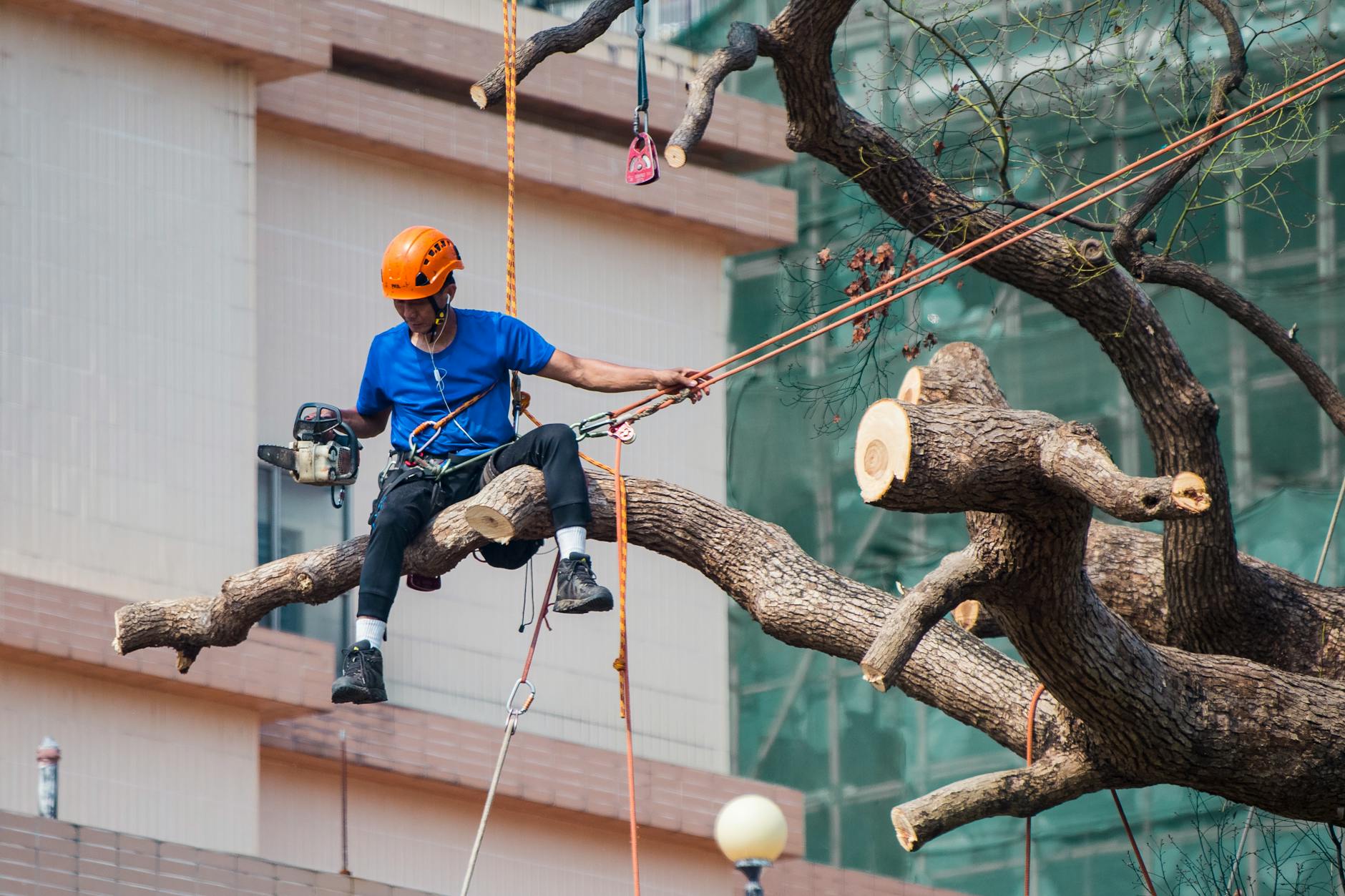Lately I’ve been doing work on healing my inner child. Mostly that involves recognizing that my parents were inexperienced and naive young people, just doing their best to juggle the stresses of life with the responsibilities of raising children, and not always doing the perfect thing in a given moment.
Letting go of the expectations that our parents should be perfect takes a lot of critical thinking, to unpack and release the emotional patterns that we repeat until they become our truth. It doesn’t help that many millennials were raised by boomer parents who subscribed to a weird philosophy of never apologizing to their kids. Their unwillingness to admit weakness or fallibility locked us all into an implicitly adversarial dynamic where they needed to constantly prove superiority. As a result, they minimized our feelings and didn’t feel accountable to us. A lot of the things that we carry with us into adulthood were mindless actions or words from distracted parents who have no recollection of them. They mattered to us because we expected more from them. They don’t understand why we’re so upset about something they don’t remember. What a tangle!
My sister was an especially sensitive kid, and would have benefitted from today’s gentle parenting approaches, but adults constantly treated her like they needed to “toughen her up” (and these same boomer parents act surprised when their kids go low- or no-contact once they have the autonomy to do so). My own response to the parenting I received was to become a tough girl, act out my toughness in fistfights and hard-playing sportiness, and push people away emotionally. I didn’t know how to be soft, and didn’t want to know; it clearly brought my sister pain and sadness so why would I want to be like that?
Of course I want my kid to be tough enough to navigate the brutal world that lies ahead, but I don’t believe that tough love is the only way to achieve this. I do want him to be more emotionally healthy than I was growing up, and I recognize the value of gentle parenting in emotional development and communication, but neither do I feel in my heart that current models of gentle parenting are right for us. Gentle parenting places a lot of emphasis on wording things just-so and, while I understand the purpose and value of this, the reality of our multilingual family is that the exact words and phrases are not always within reach.
We are fortunate to have family support with childcare. It’s not something I can plan a work week around, but they show up when they say they will, and they give my child attention without being distracted. I’m grateful for this and I recognise how rare and precious it is. I don’t want him to see me constantly criticising the people taking care of him, nor do I wish to dampen their morale by continuous correction. It’s also impossible for me to monitor their use of language and focus fully on other tasks, so I’ve picked my battles with my family and the only line I draw is that we avoid labelling words like clever/good/bad/naughty – believe me, this is a big enough challenge with multiple ageing caregivers who speak multiple languages each!
When it comes to what we do say, we try to coach them to acknowledge the skills (with “wow, check out your focus”, “thank you for showing me you care”, “that was so considerate of you”) or the event (with “that was a big fart!”, “all gone” instead of cheering for an empty plate, etc). We would rather get everyone aligned on a few things than try to get them all to do everything perfectly.
Where we differ as parents is in our approach to punitive discipline. Having spent over a decade working with kids of all ages, I am deeply critical of most methods of punishment. I truly believe that it’s not that kids have gotten worse, but that school as a model does not work for an informed public. Kids know the world is a mess and from their perspective, the people who made it that way are the ones reinforcing the rules with hypocrisy and lack of self-awareness. When adults try to reinforce rules that don’t make sense in a world where kids are hearing there’s increasingly less left to lose, it undermines any credibility we may have. Authoritarianism may give people something to believe in but punitive discipline doesn’t work for nihilists.
My co-parent isn’t quite there yet and still uses concepts of punishment, reward, and parental authority, which are an ongoing struggle for me. How do those of you in similar situations navigate this aspect of your parenting relationship? Have you had success in doing so?
I hope we can get on the same page before the more challenging years ahead, as our child experiments with new ideas and influences. I know we have different perspectives on life and I believe that plurality is good, but I also believe that unified parenting is best for kids. Even if it’s not strictly gentle parenting, as long as it’s conscious parenting.

Leave a Reply